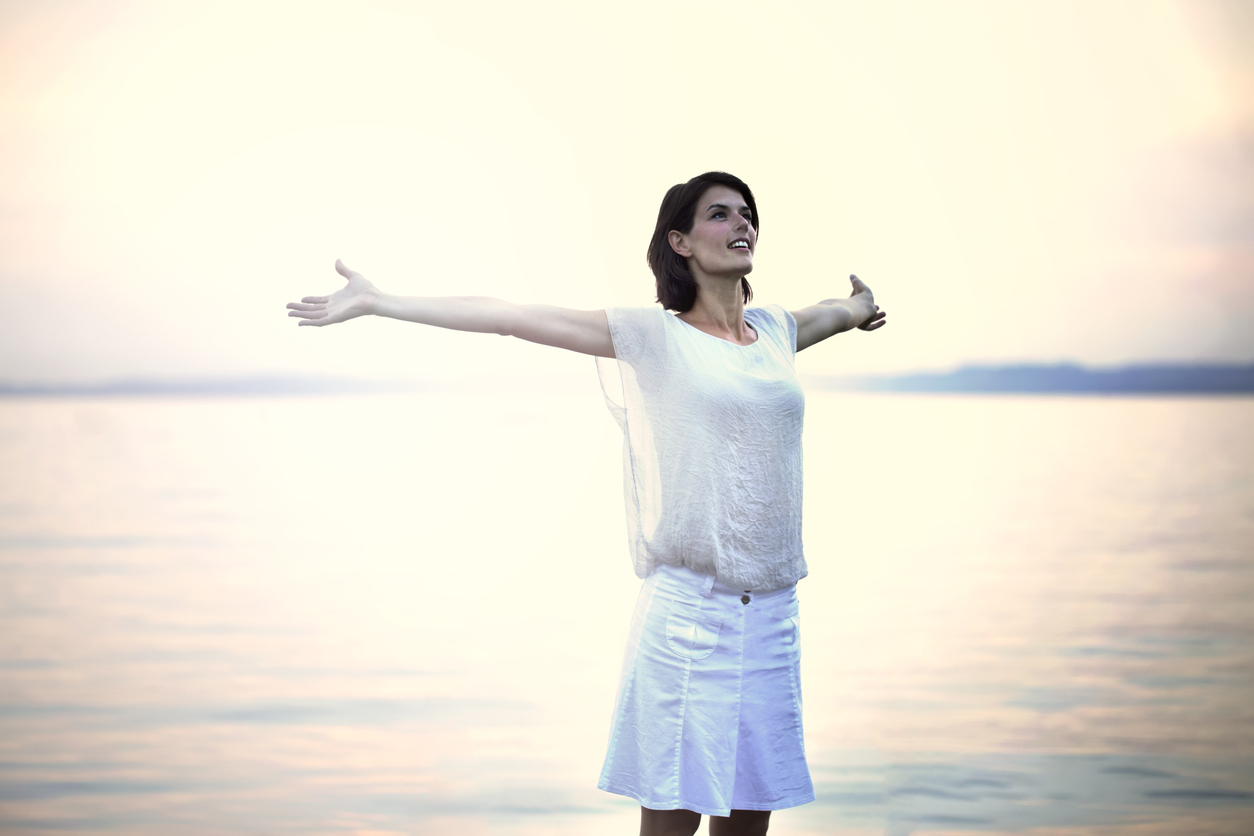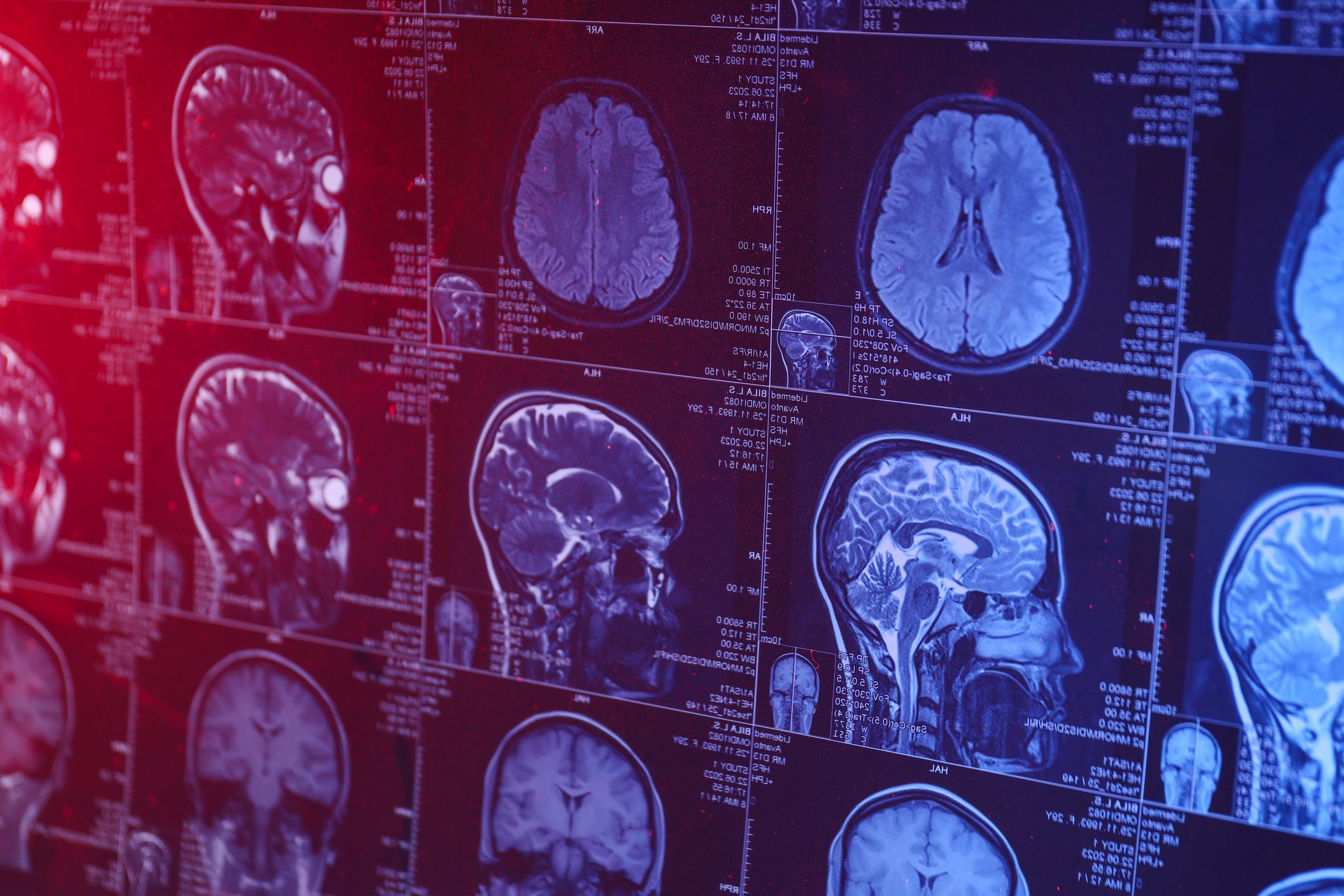The month of May marks the return of sunny days, taking with them seasonal depression, a condition that many have suffered since November. At issue: natural light, to which we are now more exposed. Chronobiologist Claire Leconte takes stock of the issue.

– Is the arrival of fine weather good for morale?
Claire Leconte: Yes of course ! The sun sends back natural light that is fundamental to our well-being. It allows melatonin to be prepared, as if it were recharging it during the day so that it is well synthesized at night. The more you benefit from it, the better, because it is this hormone that allows you to have quality sleep. Conversely, in winter, when the days are very short, most people arrive and leave their workplace when it is dark and have very little contact with this natural light. Often, this gives rise to what is called seasonal depression, from November to March, approximately. Some are more sensitive to it than others: these are the mysteries of genetics!
– So, can we say that well-being is linked to the quality of sleep?
Absolutely. When you sleep well, you feel in better physical shape, which has repercussions at the psychological level. We have a stronger mind, so everything we do will be more successful, which will necessarily impact self-confidence. It’s a virtuous circle.
– How long should you be exposed to natural light daily?
We need it for a good hour, at the very least. If you can combine it with a physical activity such as a fairly brisk walk or a little bit of running, among others, it’s even better, because it makes the contribution of light more profitable. For people who cannot go out during the day, I advise them to sit near a window, leaving it open, if possible. Admittedly, in some towns this must cause a little noise, but it is better to take a few tens of minutes on your own rather than depriving yourself of this light, which really helps us get better.
– At what time of the day is it best to do this?
Morning light is best because it’s not too bright, yet bright enough to help melatonin be synthesized. It is also rather good at the beginning of the afternoon, but it no longer has the same effectiveness from 5 p.m., or even 4 p.m. The interest is also that the temperature is not too high in the morning: it is less tiring on the physical level. Moreover, imagining that sleeping in can help recover from a short night is wrong. Rather than hanging out in bed, it is better to get up, take the time to have a good breakfast, then go for a walk, and take a nap in the afternoon.
– How does natural light affect our body?
It transforms tryptophan – an amino acid, editor’s note. – in serotonin – a neurotransmitter, editor’s note. – which will be secreted at night and then transformed in turn into melatonin. The synthesis of the latter generally begins around 2 a.m. and lasts about two hours. But, to start it, you have to be in the dark, which means that it is essential to recognize your time of falling asleep. It is not necessarily the same from one person to another, since we have different typologies. To spot it, you have to identify the moment in the evening when you suddenly feel a cold snap: it indicates that the temperature of the brain is falling. It really is the gateway to falling asleep. The problem is that we have the bad habit of taking a sweater and then continuing to go about our business.
However, the more we respect this hour, the more quality sleep we have, because it must be understood that we do not know seven uniform hours of falling asleep throughout the night. At first, when we fall asleep at the right time, we fall into a slow, deep sleep. In addition to allowing us to recover from all the physical and muscular fatigue accumulated during the day, it regenerates the immune system and the skin. We definitely need it, but as the night progresses, it decreases in duration. Thus, if we delay our time of falling asleep too much compared to that which we should respect, we reduce the time spent in deep slow sleep.
This phenomenon is due to the spontaneous awakening clock that we all have. Not very plastic, it wakes us up at the same time, whatever the time of falling asleep. The problem is that it takes about two weeks for our waking clock to change when we delay our sleep time. In addition, paradoxical sleep, which helps us retain information acquired during the day, also reduces the duration of deep sleep because its start time does not change. It starts about 1h30 after our falling asleep in a relatively brief way, and continues to increase until the end of the night.
– Apart from natural light, how can the synthesis of melatonin be promoted?
Food is also important in the activation of serotonin, therefore in the synthesis of melatonin. This is the reason why it is advisable to eat a lot more protein products for breakfast, as the countries of northern Europe do. For example, you can take a hard-boiled egg, bacon or vegetable proteins, then consume more of them at lunchtime and a minimum in the evening, favoring whole grains, soups, vegetables… Besides, it’s good to Lighten up dinner by having a snack at the end of the afternoon. It can be beneficial for falling asleep and sleeping.
The other important point is to turn off all your screens an hour before going to sleep because they send back a bluish flux which is very close to natural light. The problem is that our main biological clock, the suprachiasmatic nucleus, is right behind the eyes. It is a kind of conductor who sends all the information to the other clocks to tell them to start and stop. When she gets this bluish stream she doesn’t know it’s coming from a screen, she thinks it’s the day going on, so she doesn’t send the right messages to the other clocks to tell them it’s is the time to fall asleep.














